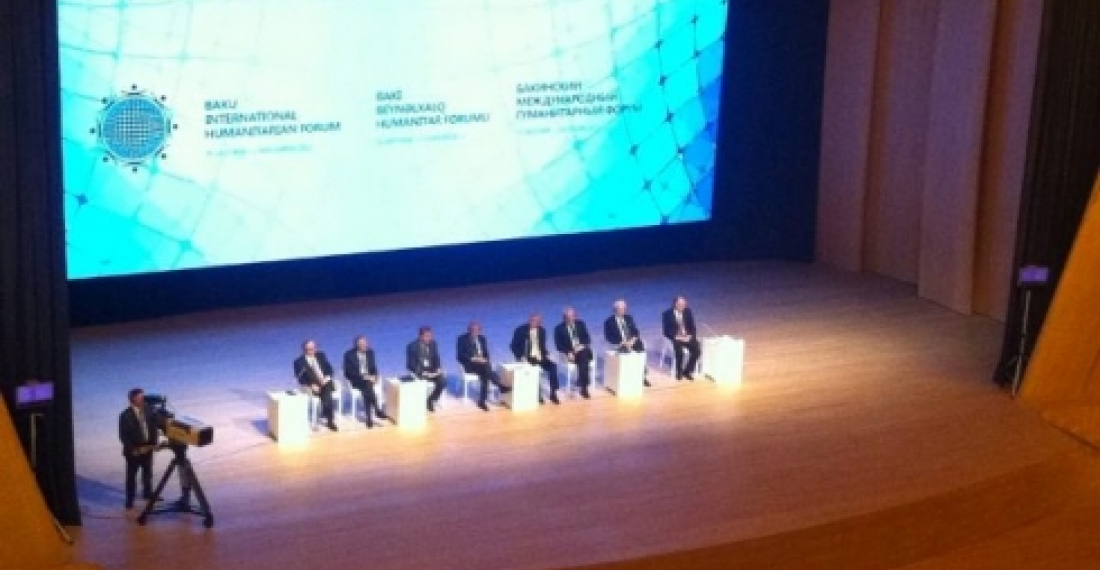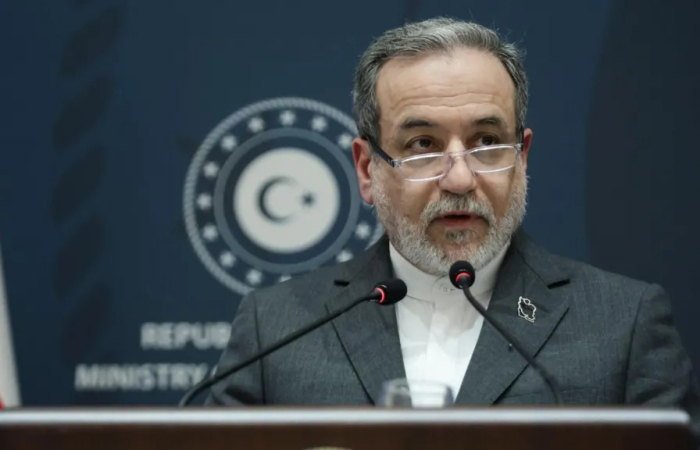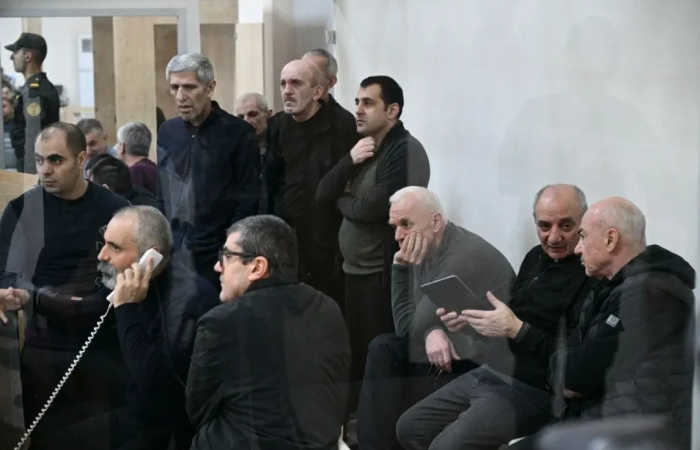More than eight hundred academics, intellectuals and public personalities from over seventy countries this morning congregated at the Heidar Aliev Centre in Baku for the opening of the 3rd Baku International Humanitarian Forum. Among them were former Presidents of European countries, including former Turkish President Suleiman Demirel, and twelve Nobel Prize Winners from different fields.
In his opening address to the forum, the President of Azerbaijan Ilham Aliev highlighted the importance of the gathering and said that Azerbaijan is a living example of successful multiculturalism, and is a living proof that counters claims that multiculturalism has no future. "For Azerbaijan multiculturalism is both state policy and a way of life", President Aliev said. "Xenophobia, Islamophobia and separatism has no place in the 21st century", he added.
The Azerbaijani leader spoke about Azerbaijan's successes and also problems, highlighting the Karabakh conflict as the country's biggest challenge, and once more expressing disappointment that the international community had, in the last twenty years, failed to act on a number of resolutions of the UN and other organisations, whilst on other issues action was taken within hours of similar resolutions being adopted. He added that the current situation grossly violated the human rights situation of one million Azerbaijanis who have been displaced by the conflict.
Ilham Aliev spoke about the need for Azerbaijan to continue on its path of deep economic reforms, whilst taking care to insulate the population from hardships that can result from such transformation. He however warned against expensive populist policies that have taken other countries into economic difficulty. He said that he often told his colleagues that Azerbaijan's fate was linked to its achievements in the fields of education and science. This is how developed nations had achieved their success and Azerbaijan will follow this path.
Referring to the state of international relations President Aliev said that the world is experiencing a collapse of confidence and trust between nations. He said that international co-operation cannot happen if nations do not have confidence in each other and that this must be build on trust.
The forum will continue tomorrow when it will divide in nine clusters each dealing with a specific topic ranging from science and technology to media and human rights.
source: commonspace.eu
photo: Azerbaijani Foreign Minister Elmar Mammadyarov with sever former presidents of European countries at a session of the 3rd baku International Forum which opened in the Azerbaijani capital on Thursday, 31 October. (Picture courtesy of Vugar Seidov)







